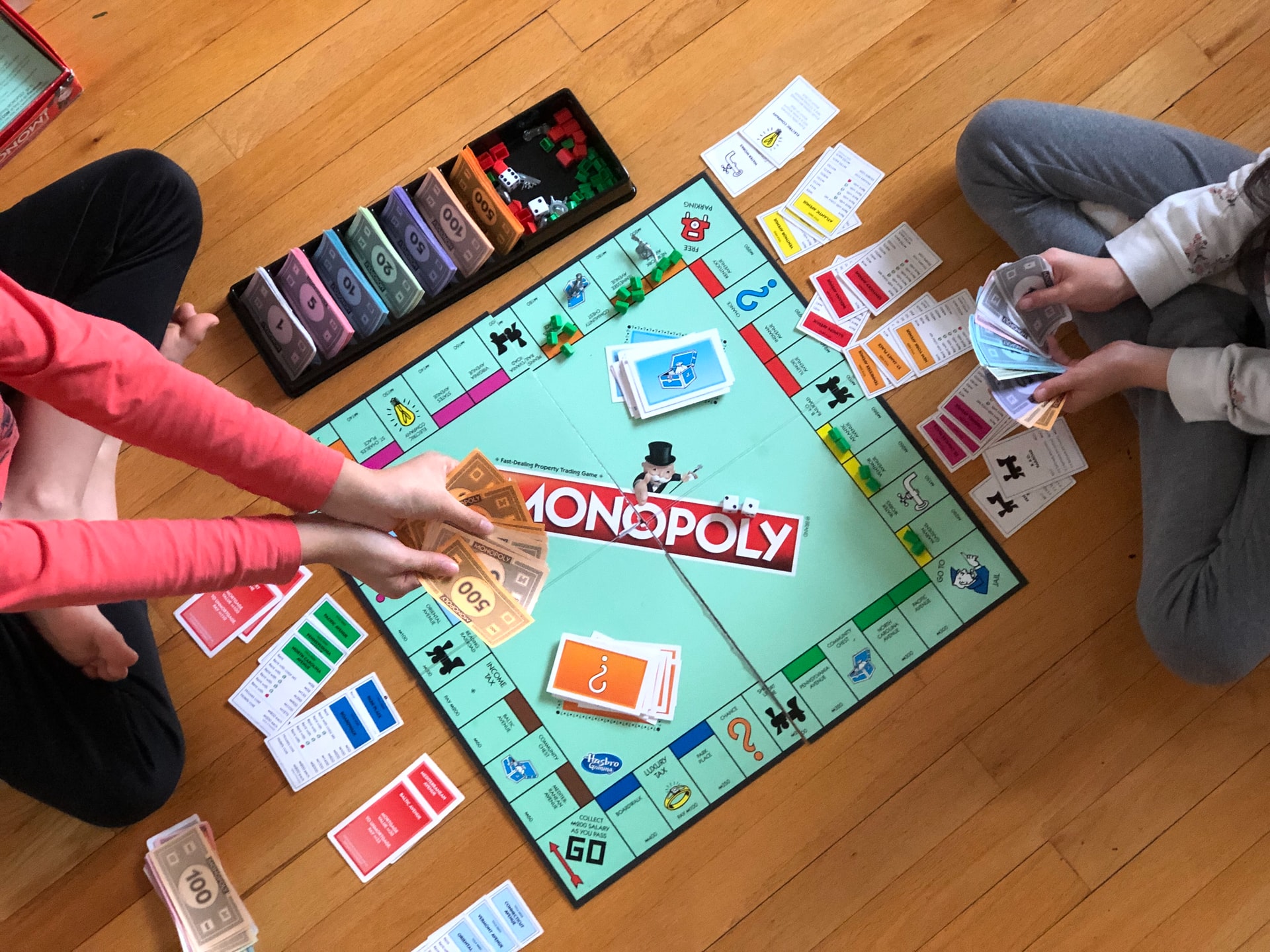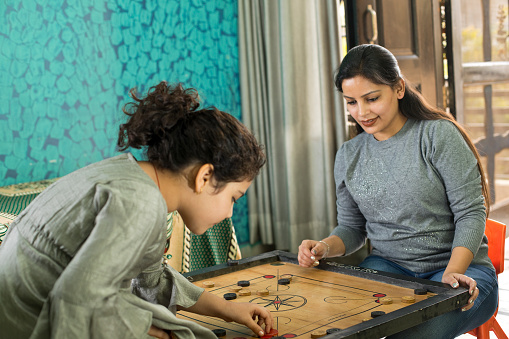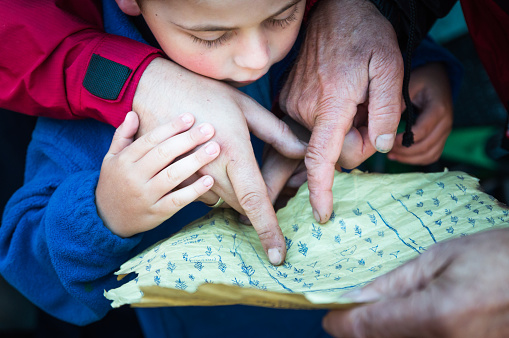Board Games

Board games are tabletop games that typically use pieces moved or placed on a pre-marked board (playing surface) and often include elements of table, card, role-playing, and miniatures games as well. Most feature a competition between two or more players. In checkers, a player wins by capturing all opposing pieces, while Eurogames often end with a calculation of final scores. Pandemic is a cooperative game where players all win or lose as a team, and peg solitaire is a puzzle for one person. There are many varieties of board games. Their representation of real-life situations can range from having no inherent theme, such as checkers, to having a specific theme and narrative, such as Cluedo. Rules can range from the very simple, such as in Snakes and Ladders; to deeply complex, as in Advanced Squad Leader. Many games require some level of both skill and luck. A player may be hampered by bad luck in backgammon, Monopoly, or Risk; but over many games a skilled player will win more often.[41] The elements of luck can also make for more excitement at times, and allow for more diverse and multifaceted strategies, as concepts such as expected value and risk management.


